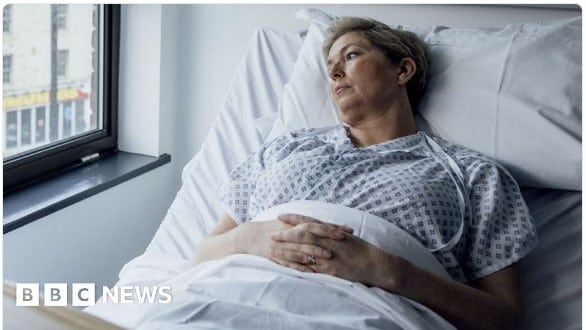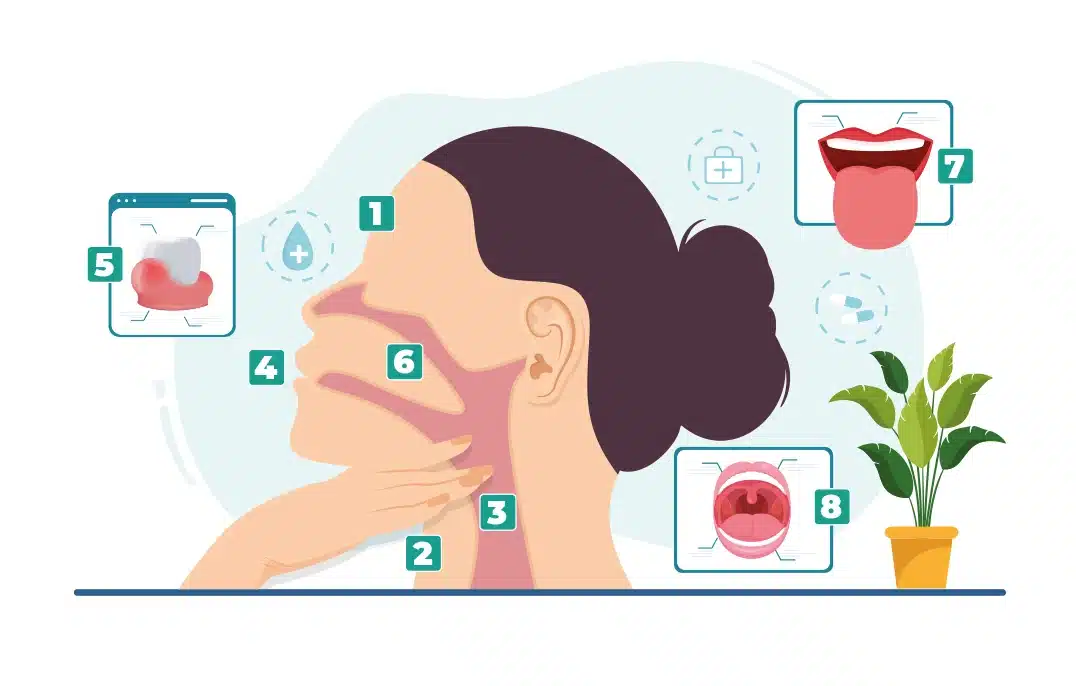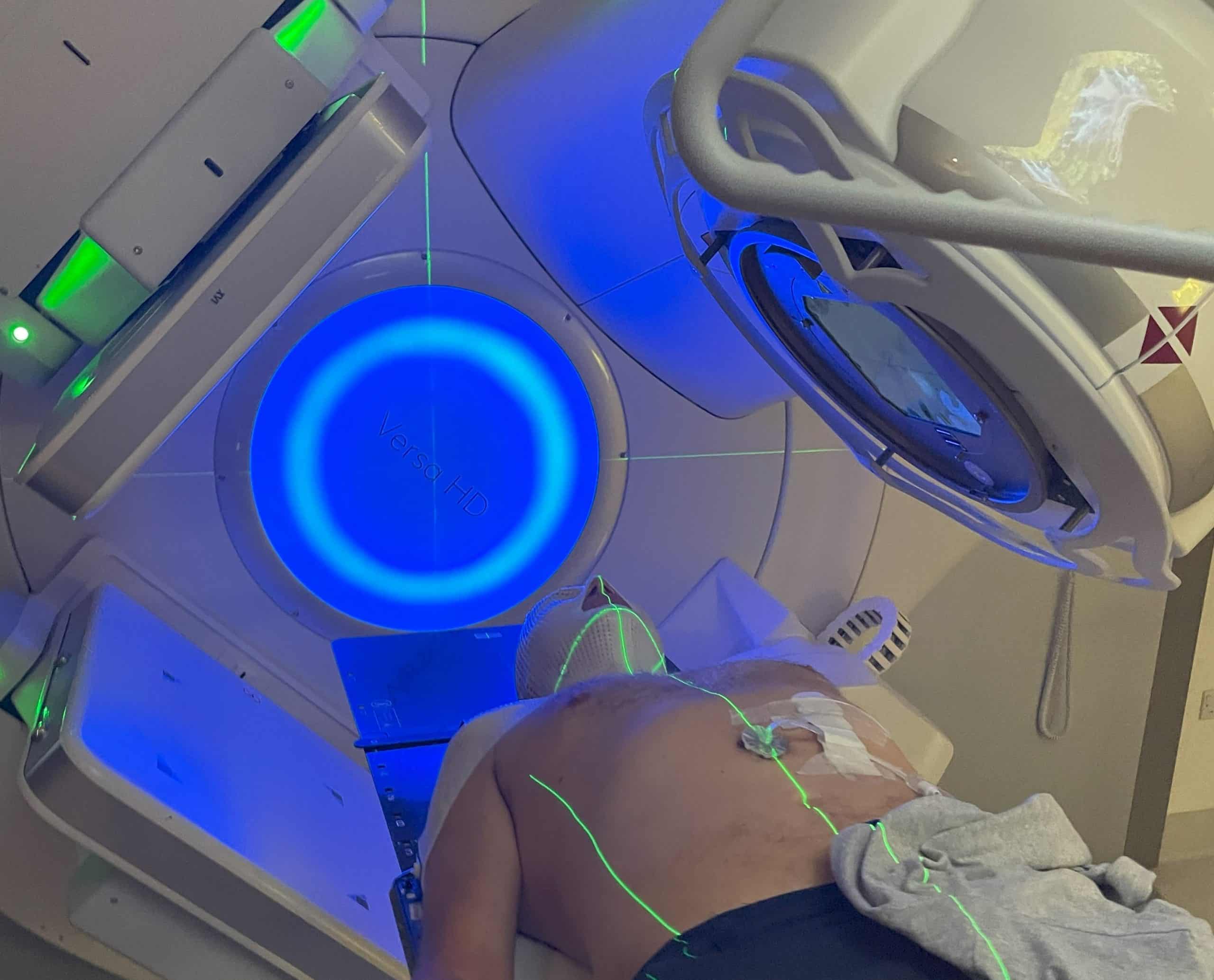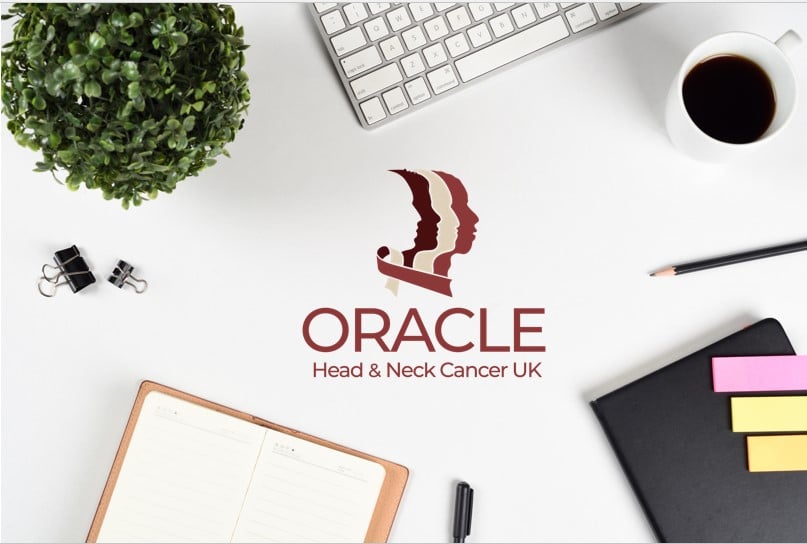Oracle HNCUK´s Impact Statement
Oracle’s impact and delivery focus:
- Engaging with Patients and Carers to support and guide them through the jargon and challenges in their cancer journeys by delivering and supporting campaigns to increase public knowledge of head and neck cancers. For example;
- We publish a website that has an extensive “what to expect” guides for the various treatments and side effects that patients and caregivers will experience. Based on our research of the “key words” that people use in search engines, we´ve focused on head and neck cancer types and patient stories that users can better relate to through videos, articles and podcasts. We are now the 17th most visited source of information via google searches of head and neck cancer.

- Educating and influencing policy makers and the general public on the crisis in Head and Neck cancers care. By tailoring our language to the cancer types and the disparities in care around the UK, we are increasing awareness through public relations and website activity.
- Improving early diagnosis rates by raising awareness in the public, GPs, Dentists and with politicians is a key aim.
- Collaborating with policymakers to reduce care disparities and the “postcode lottery” in treatments and care practices.

- We create and manage awareness campaigns to highlight what preventative and early diagnosis measures are available to reduce the numbers in future generations. Examples of this are;
- The Signaway Cancer campaign tied into the autumn HPV vaccination programme for year 12 children, where take-up has dropped to 52% and 56% for boys and girls respectively.
- The Head Neck Cancer Check campaign gives the general public a 1 minute guide and video on how to check themselves for head and neck cancer at home in the mirror as well as the importance of regular dental check-ups.

- Advancing research for better treatments and outcomes.
- Over £10 million raised, 60+ research projects funded over last 15 years.
- Leading force in ground-breaking advancements in important areas such as immunotherapy, combination treatments, surgical procedures, biomarker detections and speech recovery for patients.
- Contributed to over 200 published research articles.

Raising awareness – head and neck cancer crisis in the UK:
- Incidences of head and neck cancer is rising by 30% annually
- It´s now among the top 5 cancers in men, top 8 overall and getting worse
- Only 1/3 of cases are detected early which means most people have devastating outcomes
- Simple monthly checks are rarely practiced by the general public
- Bottom of the league table for cancer treatment waiting times; only 50% patients being treated within 65 days
- Late diagnosis can lead to severe quality of life impacts, including:
- Loss of voice or ability to speak normally
- Inability to eat or swallow without pain
- Facial disfigurement from surgery, affecting self-image and social interactions
- Some patients require feeding tubes for nutrition

One of few preventable cancers
- 30% of head and neck cancers caused by HPV
- Promoting HPV vaccination could significantly reduce future cases but only 50% take up currently
- No one aware of these cancers or their symptoms
Research funding disparity:
- Head and Neck cancers only receive 1% of CRUK’s cancer-specific funding
- Critical need for more investment in research to ensure these cancers are better understood and that treatments can ensure better quality of life outcomes.
Call to action:
- We have a critical window of opportunity to change the trajectory of head and neck cancer in the UK.
- Support and funding is needed for research, awareness, and improving patient outcomes.
- To beat this crisis, we must continue to focus on:
- Improving early diagnosis rates by increasing dental check-up visits and awareness generally
- Increasing HPV vaccination take-up rates in the under 12 to 25 years old population.
- Advancing and increased funding of research for better treatments and outcomes.
- Collaborating with policymakers to reduce care disparities and “postcode lottery” in treatments.


